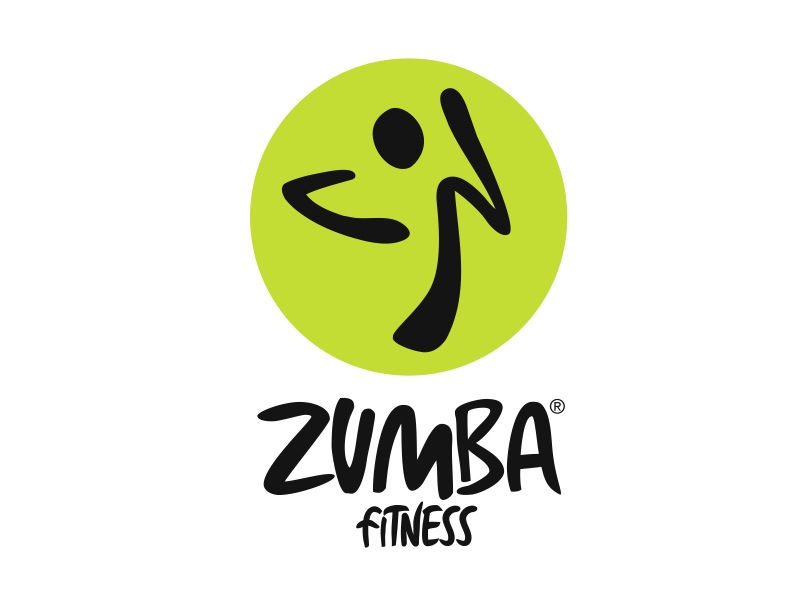Should You take Creatine to Enhance Strength Training?
- Christa Colwell

- Feb 14, 2021
- 2 min read
Updated: May 19, 2021
First, let’s define it. What is creatine? Creatine is an amino acid located in your body's muscles as well as in the brain. Most people get creatine through seafood and red meat — though at levels far below those found in synthetically made creatine supplements. The body's liver, pancreas and kidneys also can make about 1 gram of creatine per day.
Your body stores creatine as phosphocreatine in your muscles, where it's used for energy. As a result, people take creatine orally to improve athletic performance and increase muscle mass.
People also use oral creatine to treat certain brain disorders, neuromuscular conditions, congestive heart failure and other conditions. Topical creatine might be used to treat aging skin.
Evidence
Research on creatine use for specific activities and conditions shows:
Strength, muscle size and performance. Oral creatine use might allow a person to do more work during reps or sprints, leading to greater gains in strength, muscle mass and performance. Creatine is often used by athletes involved in high-intensity intermittent activities that require a rapid recovery during training and competition.
Injury prevention. Oral creatine might reduce the frequency of dehydration, muscle cramping, and injuries to the muscles, bones, ligaments, tendons and nerves.
If part of your strength training goal is to increase muscle mass, the answer is yes, taking a supplement (or powder) of creatine can help improve your workouts and increase muscle gain.
How much should you take?
Your body naturally creates about 1 to 2 g of creatine every day. To build muscle, take 20 g of creatine per day for a limited time (65-7 days), followed by a
3- to 5-g daily dose after that.
For any questions or guidance, feel free to reach out to me on Fitness With Christa Facebook page, Instagram or email: ChristaCowell@FitnesswithChrista.com or Fitness With Christa website. I’m here to help.




Comments